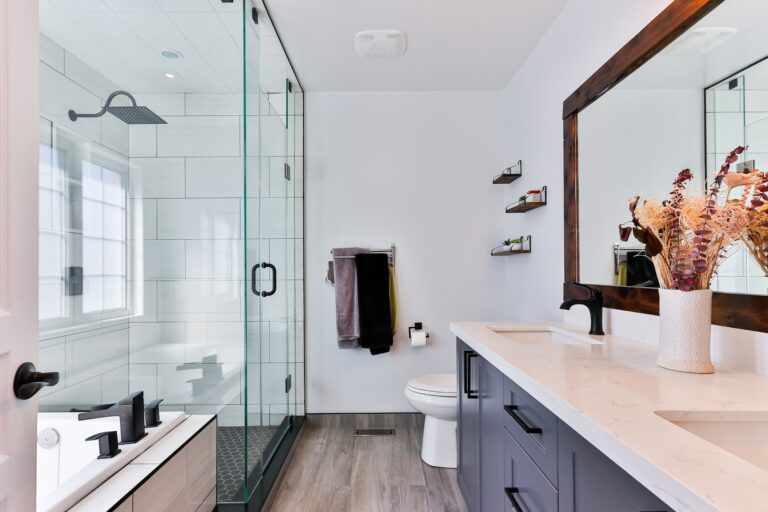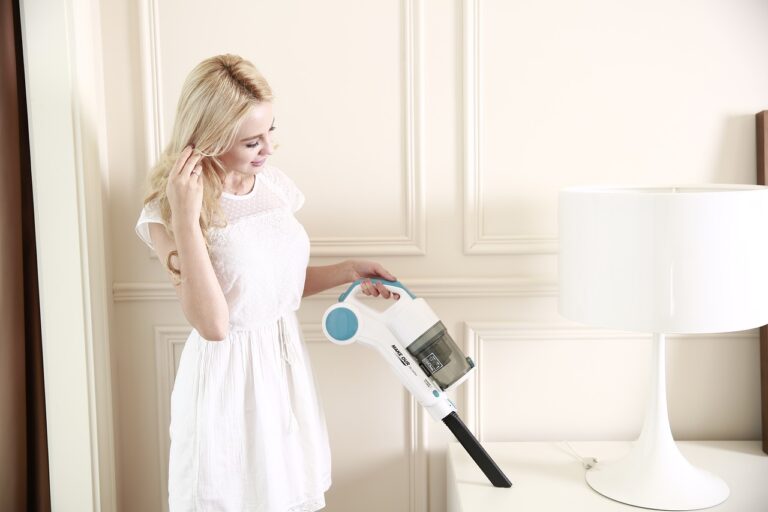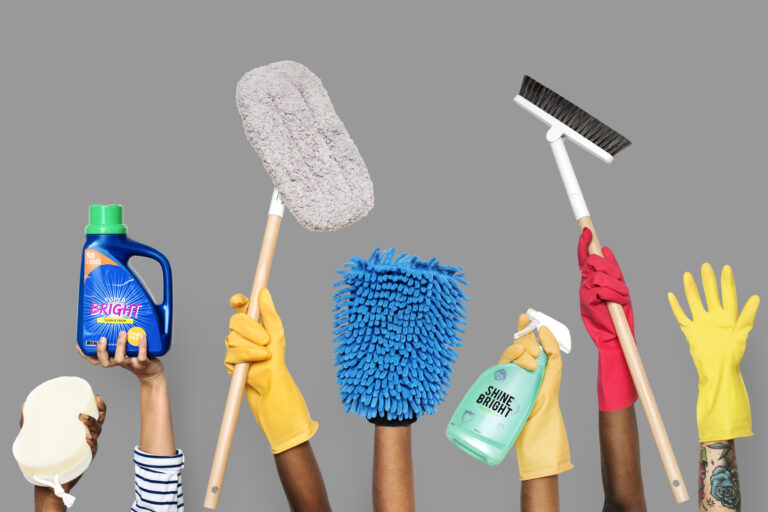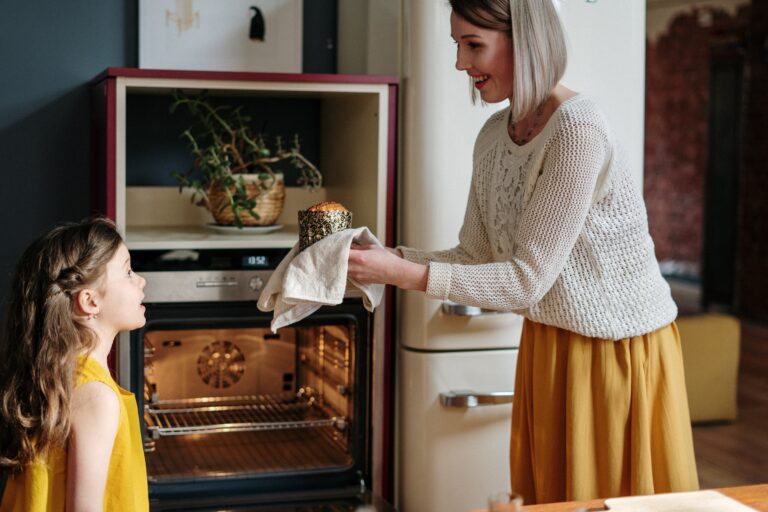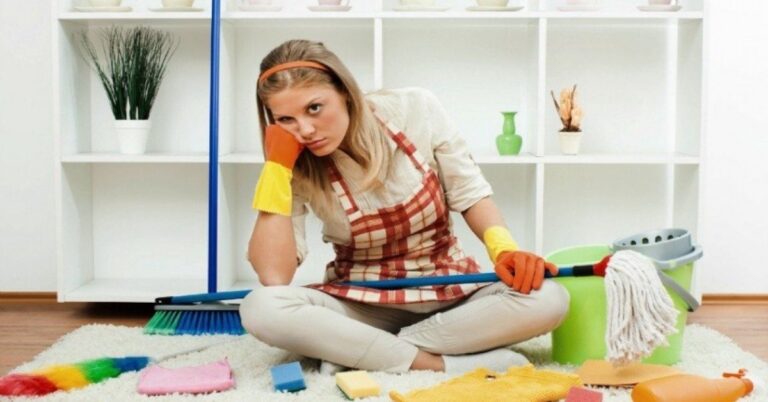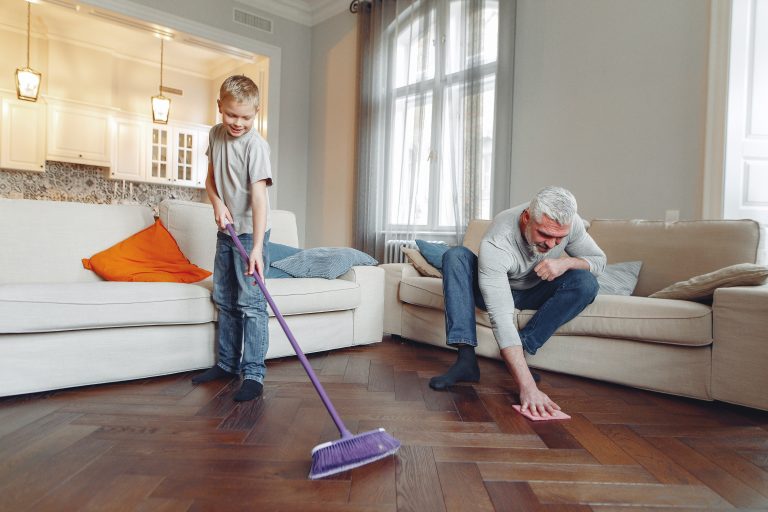8 Naturally Antibacterial Cleaners to Safely Disinfect Your Home
Cleaning your home using natural, non-toxic cleaners may appear to be a daunting task, but it’s pretty simple.
In reality, most naturally antibacterial disinfectants may be found in your kitchen. They cost a fraction of the price of harsh chemical cleaners.
Natural cleaners are safer for children, animals, and the environment. Also, to be healthier for your health.
With these hardworking pantry products, you can keep your home spick-and-span.
White Vinegar For Cleaning
White vinegar, made of acetic acid and water, is a powerful cleaner. It cuts through oil and removes mildew, smells, stains, and wax buildup.
White vinegar’s high acidity kills microorganisms on the surface. It is also a safe alternative to bleach.
Vinegar will work for individuals who value a safe cleaning procedure in their homes. Also, it will not disinfect surfaces for those who wish to remove toxic chemicals from their homes.
Vodka For Cleaning a House
Since most vodka is 80 proof, or 40% alcohol by volume, it can kill mold and mildew. Vodka degreases, dissolves stain, shines fixtures, and refreshes fabric.
This is the same way vinegar does. But without the sour aftertaste. Look for 100-proof vodka (most store-bought hand sanitizers include at least 60% alcohol) and let it rest for a few minutes so the alcohol can do its job.
Is Baking Soda Good For Cleaning?
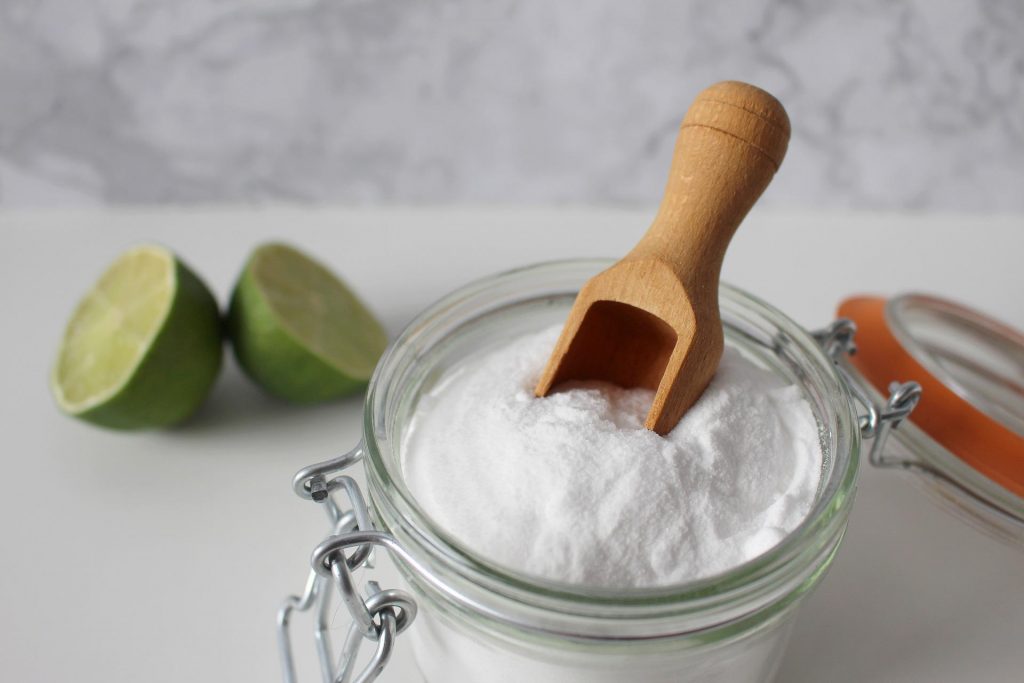
Baking soda is, relatively, a miracle worker. It has good scrubbing power because it is a natural deodorizer, froths up when mixed with vinegar, and is mildly abrasive.
Lemon For Cleaning
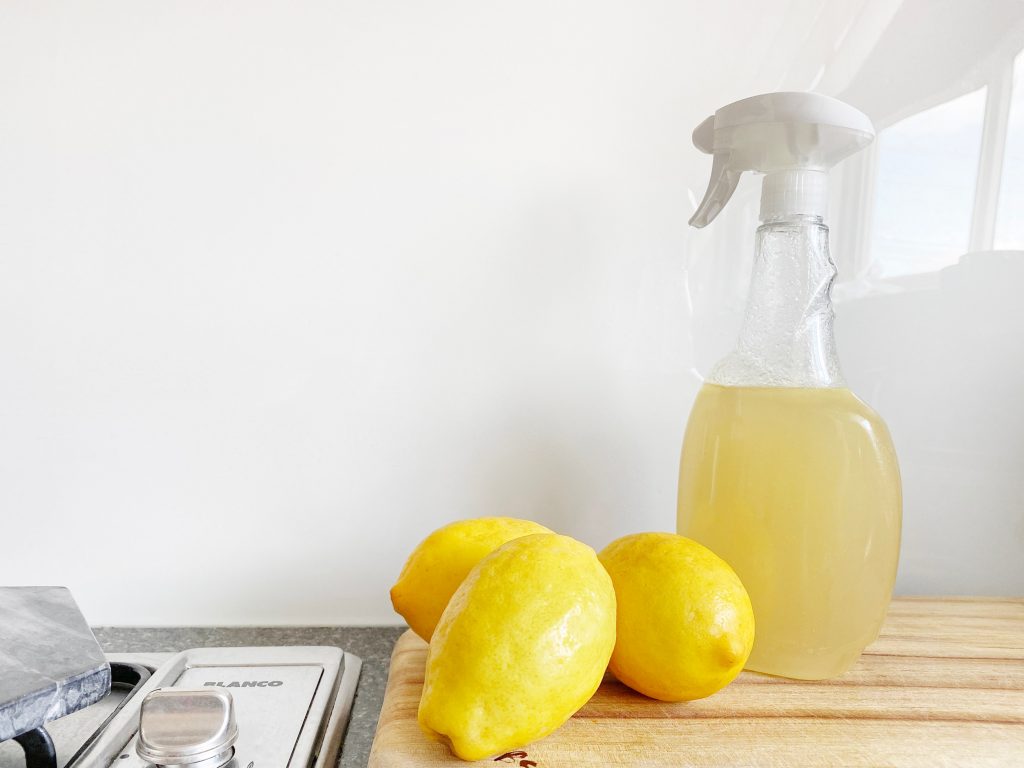
Lemons contain citric acid. It works well on alkaline stains like soap scum in bathrooms and kitchens.
Lemons can also be applied to clean non-porous surfaces and polish rusted metals (use them to make old copper pots and pans sparkle).
But lemon was less effective than vinegar and commercial cleaners at reducing bacteria on hard surfaces. Although lemon is less effective than vinegar, it is a far superior fragrance.
Hydrogen Peroxide For Removing Mildew
Suppose you’ve ever gotten a cut on the playground as a child. In that case, you’re familiar with the sting of hydrogen peroxide.
It may also be utilized to remove stains from white clothing and kill mildew. When cleaning with hydrogen peroxide, use caution because it will bleach colored fibers.
It will also scratch the stone’s surface over time.
Essential Oils For Cleaning and Deodorizing Your House
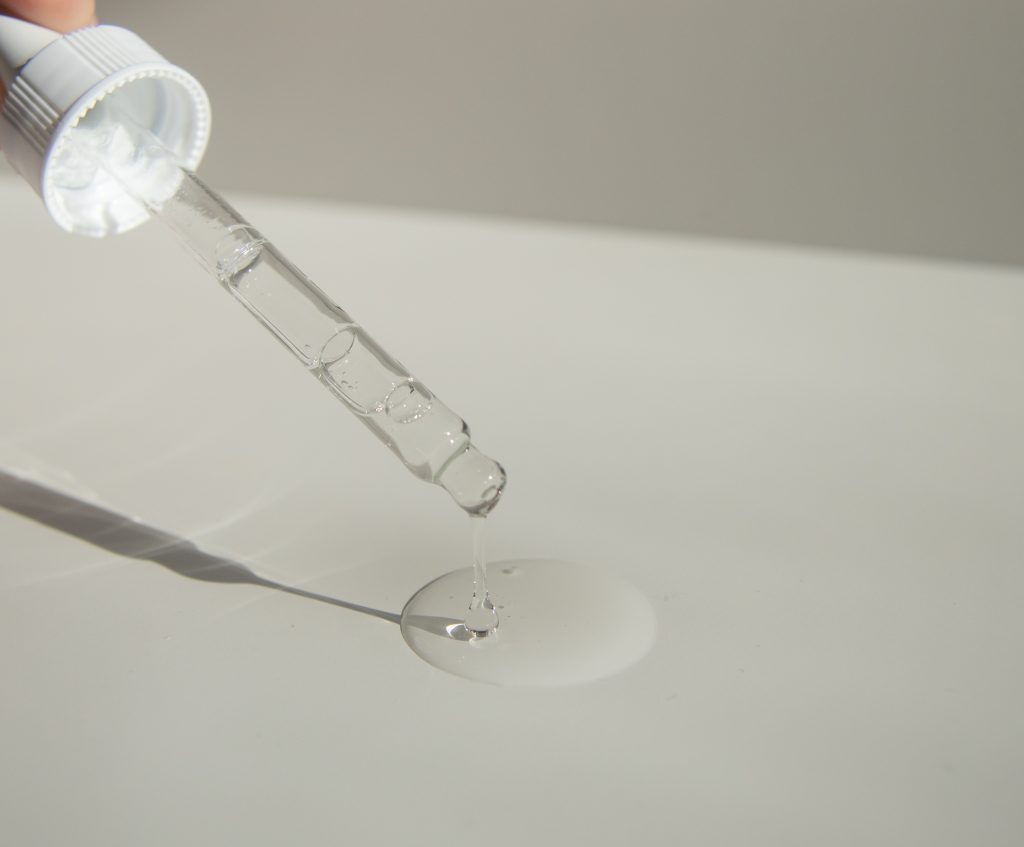
Essential oils are versatile and have a pleasant scent. They have a wide range of medical and healing capabilities.
It should come as no wonder that they are also potent antibacterial and antifungal agents.
Some essential oils can increase the cleaning capabilities of vodka or a soap and water solution.
They assist in the removal of mold, mildew, and musty odors from your home. Tea tree, citronella, geranium, lemongrass, and orange are essential oils that can fight bacteria.
Steam For Cleaning and Disinfecting a House
The mix of water and heat is the most cost-effective and chemical-free disinfection available.
Steam can sterilize hard and soft surfaces when heated to at least 200 degrees Fahrenheit.
It also removes difficult stuck-on stains and oil. Steaming is slower, but it can clear bacteria, germs, dust mites, and other pathogens.
Castile Soap For Cleaning Your House
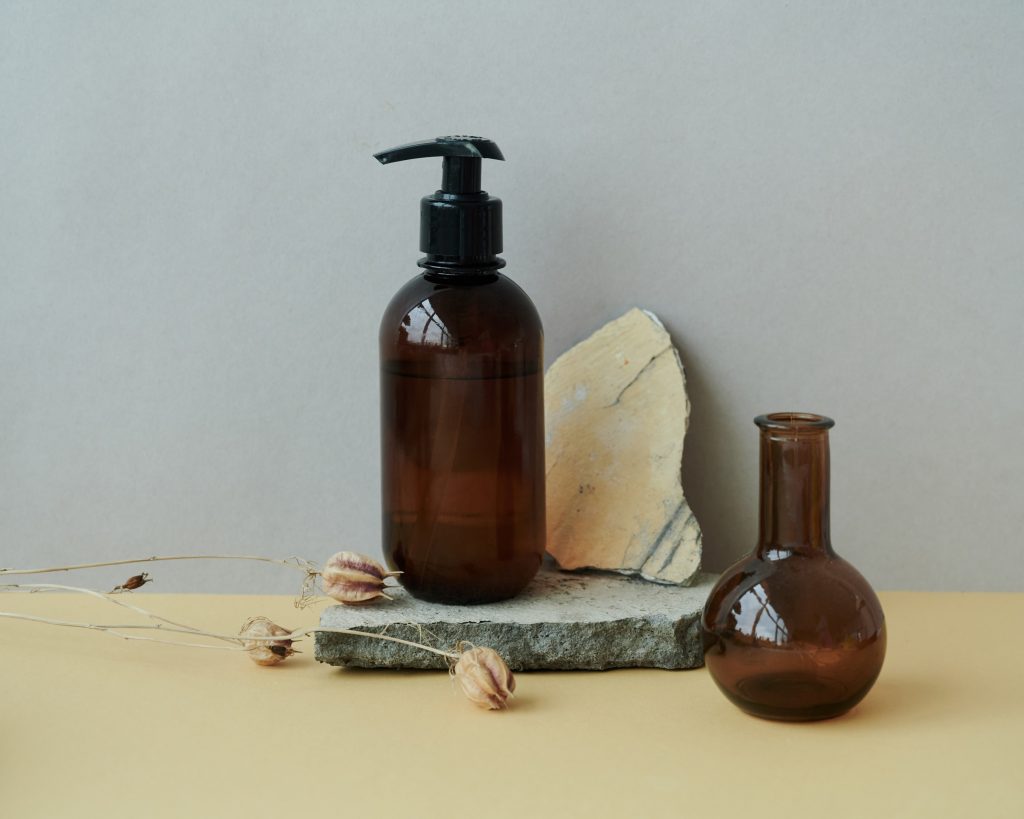
Castile soap, which was once manufactured with olive oil, is now commonly prepared with vegetable oils.
A drop of Castile soap is all that’s needed to squeaky clean dishes, baths, or about any other surface.
You may produce your germ-free cleaner by mixing castile soap with tea tree essential oil.
There you have it! These are just a few natural disinfectants you can use to clean your home.
We hope you realized that you could skip the harsh chemical sprays in favor of these safer alternatives, which are probably already in your pantry!


